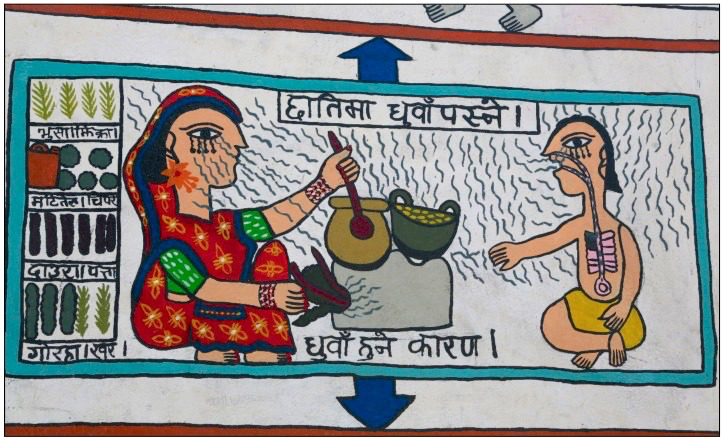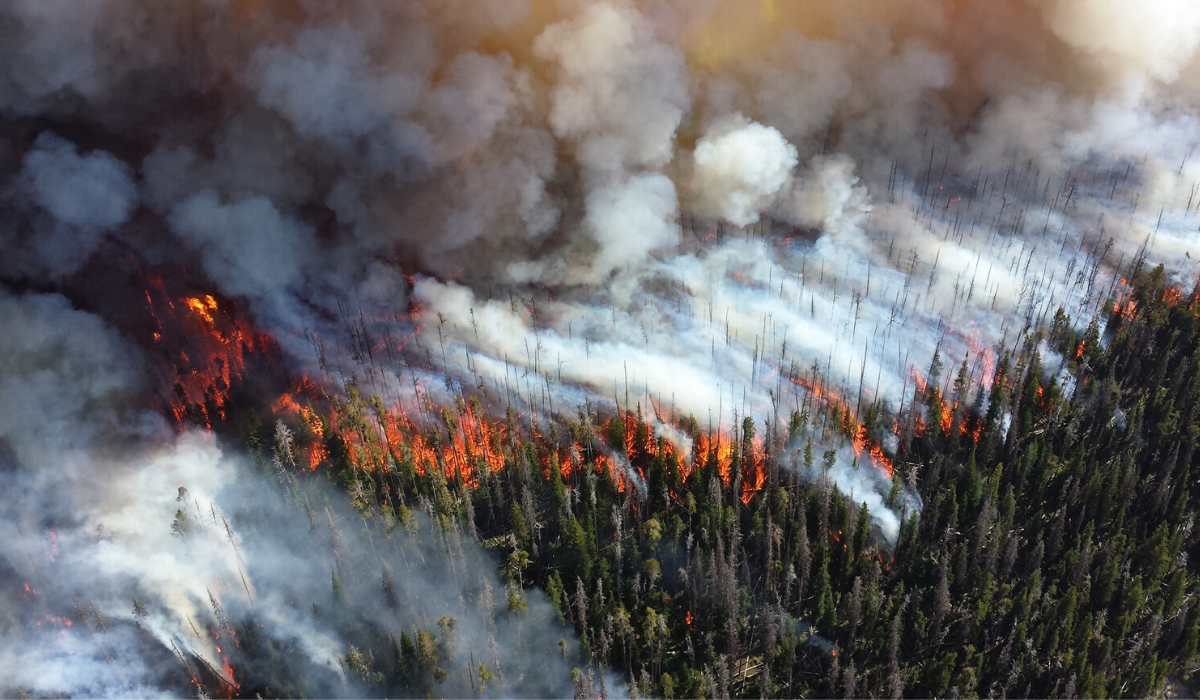


Your help is urgently needed to support our humanitarian relief effort helping #NepalEarthquake victims.
Vivid images of the devastation caused by the massive April 25th earthquake in Nepal continue to emerge as rescue efforts slowly reach more isolated and severely affected parts of the country.
Your donations will provide immediate earthquake relief.
Please give generously – Every dollar makes a difference.
Your donations will provide immediate earthquake relief.
Please give generously – Every dollar makes a difference.
The death toll has now exceeded 7,000 and is expected to rise still higher, and the destruction of homes (and their stored food stocks) approaches 80% in some of the hardest-hit regions.
We, through our partners, are addressing:
Providing shelter – many homes have been obliterated, and the monsoon rains will arrive by the end of May (unless they come early, which many fear) – shelter is crucial – tents and tarpaulins at a minimum, and more substantial shelters wherever possible.
Water, food and sanitation – some of this will be provided directly, but our principal impact will be through logistical support.
Our relief efforts are tightly focused (and remain flexible as new information becomes available). The key elements are:
#1 – Providing immediate relief and reconstruction help in areas where our Himalayan Partners are active, and “know the territory”.
Specifically:
Off the Wall Trekking (Ian and Sarita Wall) is one of our key (and early) Himalayan Partners have close ties to Gumpa and Megere villages.
Sarita grew up in Megere, and it is still home to her extended family. In 2012 and again in 2013 we delivered stoves to these communities, so they are part of our “family” as well.
Sindapulchowk District (where Gumpa is located) has been particularly hard hit – there were more deaths recorded than anywhere else in Nepal — 2,560 (so far), compared to 1,622 in Kathmandu and up to 90 per cent of the homes have been destroyed.
Gorkha District – The Gorkha Foundation is one of our early and active partners. The district has sustained extensive damage as well. They are establishing a logistics office in Gorkha Bazar, and we will be helping them with shelter and other needs.
Upper Mustang – A hauntingly beautiful region of Nepal, once an independent kingdom, it became part of Nepal 100’s of years ago.
The Himalayan Stove Project was born in this stark and beautiful landscape, and more than 900 stoves have been delivered and are changing lives there.
Our partner in this region on the Tibetan border is the former Royal Family of Mustang; the Bista family, and our principal contact is Jigme Bista; the “crown prince” who is the “custodian” of Mustang and it’s people.
The full extent of earthquake damage in Mustang is not yet known, but Jigme is hard at work to identify current conditions and what work, and help, is needed.
Communications are fragmentary. It is remote and high and communications are a challenge in the best of times.
Because of our close connections with the Bista family and numerous visits to Mustang we are in a unique position to help provide whatever assistance is needed.
Areas “near in” to Kathmandu – We have worked in some of these areas, and they are “friends”. The needs (principally shelter and food) are also acute – these close-in communities are accessible to our team, and we will, in cooperation with other agencies, provide assistance principally in shelter / housing and food.
#2 – Providing immediate relief, in partnership with other organizations, to people who don’t have access to food:
Envirofit, our wonderful stove supply partner, has a remarkable, fast, efficient, low polluting Institutional Stove – the EFI 100L which has a 100 Liter pot and is ideal for cooking lentils (Dal) and rice (Bhat) making Dal Bhat; that staple, highly nutritious Nepali dish, as well as soups.
Our plan is to distribute them in pairs – one for Dal and one for Baht – so that mass-feeding programs can be supported.
Our local team in Kathmandu, with the help and support of our colleague. Dr. Fahim Rahim who is in Kathmandu now, is assessing this program and establishing relationships with NGO’s providing emergency relief in Nepal to help in providing badly needed food, very efficiently, to the many displaced people.
What about our domestic / family stove program?
More than 3,000 #CleanCookStoves have already been delivered, transforming the lives of thousands of people and making a constructive impact on the environment.
The need for #CleanCookStoves still exists, and after the immediate relief efforts begin to shift to the massive reconstruction needed in Nepal our focus will return to our primary mission of “transforming the world, one #CleanCookStove at a time”.
In the meantime, please join us in helping to provide the crucial immediate relief to our friends.



Thank you for contacting Himalayan Stove Project. You have been successfully subscribed to our newsletter!